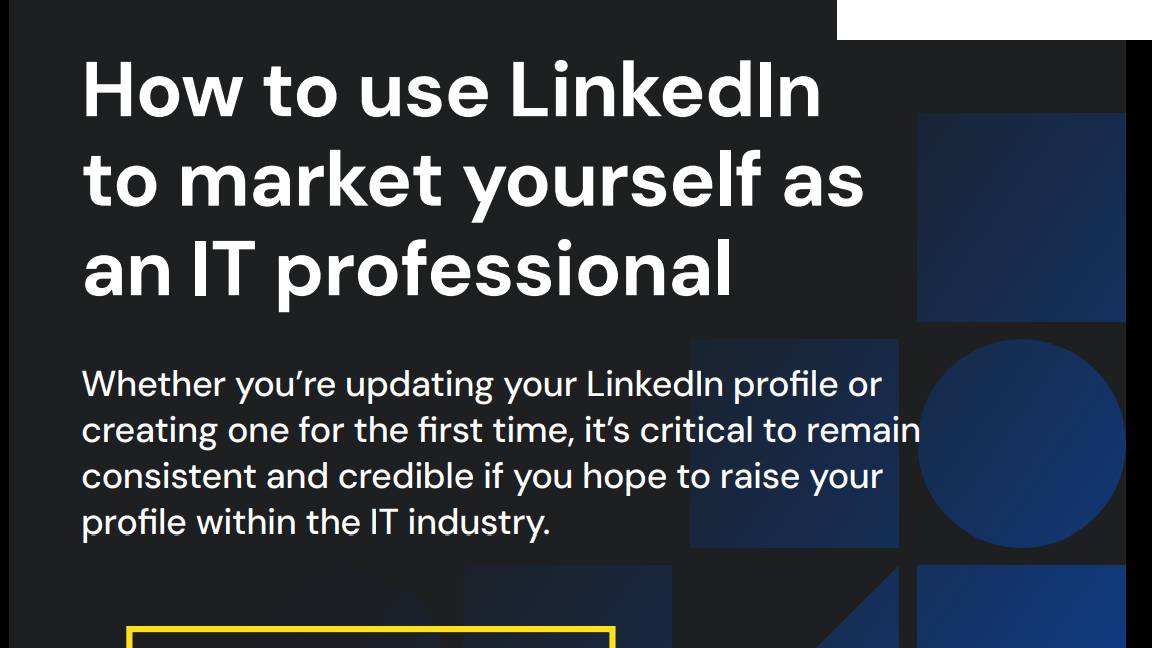Social networking use jumps in the UK
A new Ofcom report has shown we still love social networking - but many aren't even online yet.


Facebook and Twitter might sound like old news, but they and other social networking sites are continuing to spread in the UK.
According to a new Ofcom report, 38 per cent of UK web users now have a profile on such a site, up from 22 per cent in 2007.
In addition, the number of people checking social networking sites every day jumped from 30 per cent to 41 per cent. On the upside, three-quarters have learned to keep their profile private, showing privacy and security concerns are starting to be realised.
Digital divide
The digital divide seems to be slowly closing, with 41 per cent of seniors now online and 51 per cent of poor people with access from home. Still, across the UK, 73 per cent of the UK has internet access at home.
While cost is more likely to be a reason to not get online than it was in 2007, not everyone wants access. Indeed, lack of interest is the main reason people don't have access.
And although most of us are happily shopping online, one in five said they would never use their credit card to buy from the web.
Get the ITPro daily newsletter
Sign up today and you will receive a free copy of our Future Focus 2025 report - the leading guidance on AI, cybersecurity and other IT challenges as per 700+ senior executives
Earlier this week, a digital inclusion report suggested getting everyone online would boost the economy by 22 billion.
Freelance journalist Nicole Kobie first started writing for ITPro in 2007, with bylines in New Scientist, Wired, PC Pro and many more.
Nicole the author of a book about the history of technology, The Long History of the Future.
-
 Bigger salaries, more burnout: Is the CISO role in crisis?
Bigger salaries, more burnout: Is the CISO role in crisis?In-depth CISOs are more stressed than ever before – but why is this and what can be done?
By Kate O'Flaherty Published
-
 Cheap cyber crime kits can be bought on the dark web for less than $25
Cheap cyber crime kits can be bought on the dark web for less than $25News Research from NordVPN shows phishing kits are now widely available on the dark web and via messaging apps like Telegram, and are often selling for less than $25.
By Emma Woollacott Published
-
 How to use LinkedIn to market yourself as an IT professional
How to use LinkedIn to market yourself as an IT professionalwhitepaper Whether you’re updating your LinkedIn profile or creating one for the first time, it’s critical to remain consistent and credible if you hope to raise your profile within the IT industry
By ITPro Published
-
 Meta to pay $725 million in Cambridge Analytica lawsuit settlement
Meta to pay $725 million in Cambridge Analytica lawsuit settlementNews The settlement closes the long-running lawsuit into how Facebook's owner, Meta, handled the Cambridge Analytica scandal
By Ross Kelly Published
-
 Businesses to receive unique Twitter verification badge in platform overhaul
Businesses to receive unique Twitter verification badge in platform overhaulNews There will be new verification systems for businesses, governments, and individuals - each receiving differently coloured checkmarks
By Connor Jones Published
-
 Twitter could charge $20 a month for 'blue tick' verification, following Musk takeover
Twitter could charge $20 a month for 'blue tick' verification, following Musk takeoverNews Developers have allegedly been given just seven days to implement the changes or face being fired
By Rory Bathgate Published
-
 Meta's earnings are 'cause for concern' and 2023 looks even bleaker
Meta's earnings are 'cause for concern' and 2023 looks even bleakerAnalysis Calls for investor faith in metaverse tech only emphasise the worries that its investment strategy won't pay off
By Rory Bathgate Published
-
 Fixing the faltering AI transcription ecosystem
Fixing the faltering AI transcription ecosystemIn-depth Highly in-demand services that make up this ecosystem are riddled with problems, raising negative consequences for productivity and accessibility
By John Loeppky Published
-
 We should celebrate accessibility tools, not hide them away
We should celebrate accessibility tools, not hide them awayOpinion Whether in macOS, Apple Watch, Windows 11, or other platforms, there are swathes of great accessibility features available to everyone
By Jon Honeyball Published
-
 How AI-powered tech can improve digital accessibility
How AI-powered tech can improve digital accessibilityIn-depth With COVID highlighting the widening digital divide for people with disabilities, can AI come to the rescue?
By Debabrata Deb Published